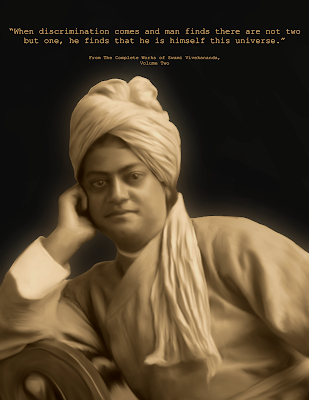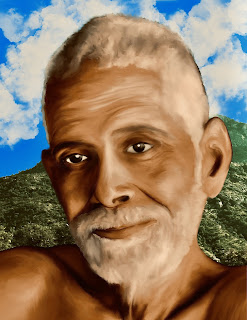Breath and mind arise from the same place…
Breath and mind arise from the same place and when one of them is controlled, the other is also controlled. As a matter of fact, in the quest method — which is more correctly ‘Whence am I?’ and not merely ‘Who am I?’ — we are not simply trying to eliminate saying ‘we are not the body, not the senses and so on,’ to reach what remains as the ultimate reality, but we are trying to find whence the ‘I’ thought for the ego arises within us. The method contains within it, though implicitly and not expressly, the watching of the breath. When we watch wherefrom the ‘I’-thought, the root of all thoughts, springs, we are necessarily watching the source of breath also, as the ‘I’-thought and the breath arise from the same source. - Ramana Maharshi, Day by Day with Bhagavan Sri Ramana Maharshi, 1.12.45



